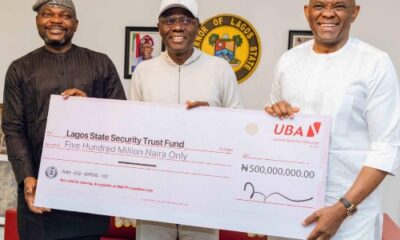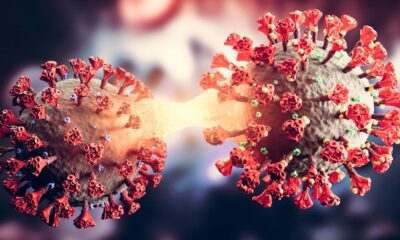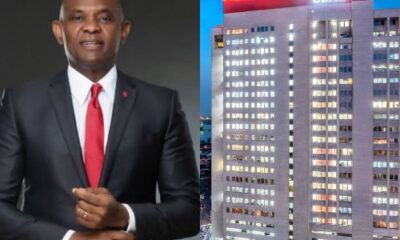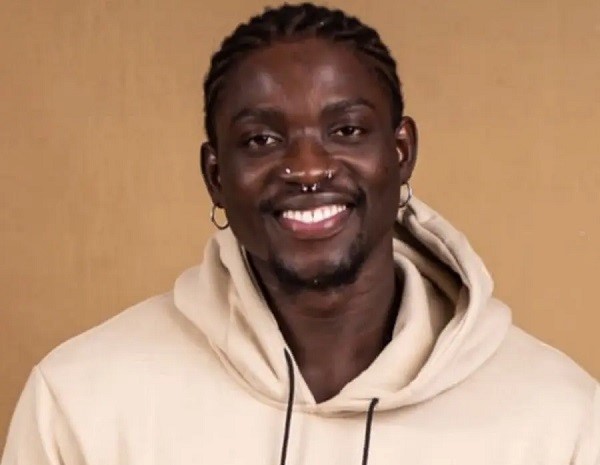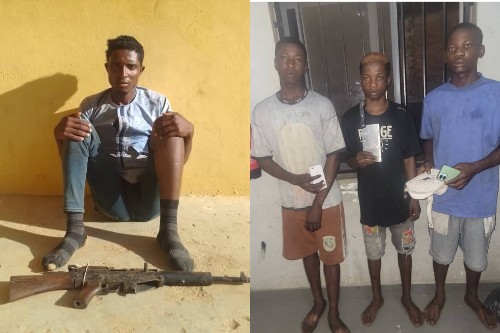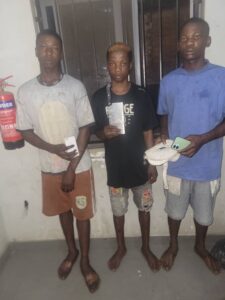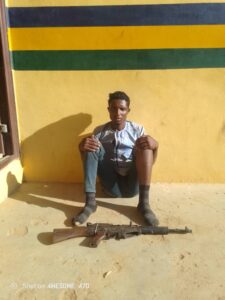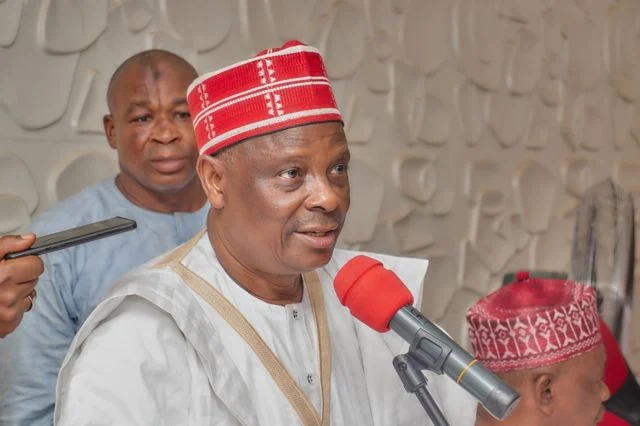The Chairman of the United Bank for Africa (UBA) Plc, Tony Elumelu, has stated that the Coronavirus Pandemic currently ravaging the world presents an opportunity to reset the African continent so that Africans can be empowered to become more productive and self-reliant.
He said this today at the high-level Roundtable discussions made up of African leaders including Dr. Ngozi Okonjo – Iweala, the Special Envoy of the African Union on Covid-19 and Tidjane Thiam who is also a Covid-19 Special Envoy responsible for mobilizing international economic support for Africa.
During the session titled ‘Resilient World: An African call for a new world order’, Elumelu stated “I see this pandemic as an opportunity to reset Africa.’ Whilst pointing out that Africa as a continent has all it takes to emerge into a strong digital economy, the UBA Group Chairman advocated a martial plan that will galvanize the entire continent and make Africa less dependent on the ‘circularity of debt’ from developed nations, which according to him, has been a major setback for decades.
He said, “I feel that as we engage the rest of the world in providing relief, we need to look for a more fundamental solution to Africa’s challenges. I have often argued for martial plan overtime. We need to mobilize everyone. If we have a martial plan that mobilizes resources to address particular issues, then we can mitigate against this constant begging for assistance.”
Explaining further, Elumelu pointedly said, “The truth is that we have resources to help mobilize people. As the founder of the Tony Elumelu Foundation, we committed to endow $100m to support young African entrepreneurs and we have been seeing the positive results this has yielded so far. It is evident that if we can fix access to electricity, ensure the stability of the macro-economic environment, ensure prioritization of the youth, empower our small and medium scale enterprises and fix youth migration, then we are in for a better and more resilient economy’. “There is an urgent need to prioritize our youths and empower our SMEs. The people who work hard need to be encouraged,” Elumelu noted passionately.
Tidjane Thiam who supported what Elumelu had proposed, said that rather than depend on international assistance at every point, there is the need for governments and institutions to invest in activities that will prioritize the youths and create a better enabling environment.
“I totally agree with Tony Elumelu. The major challenge is that we do not see enough entrepreneurs. Similar to what obtains in Asia and Europe, there is the need to promote a class of Entrepreneurs to drive the African economy. we need to groom more Tony Elumelus’ from Africa’ he said. Tidjane continued, ‘We know what needs to be done. We need government and multinational institutions to bring in the capital so that there will be an investment in health, infrastructure, and the like. We do need to get rid of this debt cycle because constant rescheduling and begging for relief for debts is not good for us as a continent,” Thiam said.
Okonjo-Iweala, on her part, called for a system where youths and women will be empowered to create and produce more to boost the African economy.
Whilst calling on private and government parastatals to engage in meaningful partnerships that will help to galvanize job creation and entrepreneurship among youths in Africa, she said, “As Tony pointed out, we can see this pandemic as an opportunity for the continent. We have the African Free Trade Agreement, and we have to make it real.
“We have to specialize in our countries to manufacture the things we need so we can trade with others. We need to produce good jobs for our young people. We need to empower our women and youths and put them at the center. It is said that Africa would have the largest number of youths in the world by 2050, so we need to fix this,” she noted.
The roundtable which was organized by the New York Forum Institute also had in attendance African Heads of States including President Mahamadou Issoufou of Niger; President Uhuru Kenyatta of Kenya; President Alassane Ouattara of Cote d’Ivoire; President Macky Sall of Senegal and President Julius Bio of Sierra Leone;

 BIG STORY4 days ago
BIG STORY4 days ago
 BIG STORY3 days ago
BIG STORY3 days ago
 BIG STORY4 days ago
BIG STORY4 days ago
 BIG STORY4 days ago
BIG STORY4 days ago
 BIG STORY5 days ago
BIG STORY5 days ago
 BIG STORY4 days ago
BIG STORY4 days ago
 BIG STORY1 day ago
BIG STORY1 day ago
 BIG STORY5 days ago
BIG STORY5 days ago







